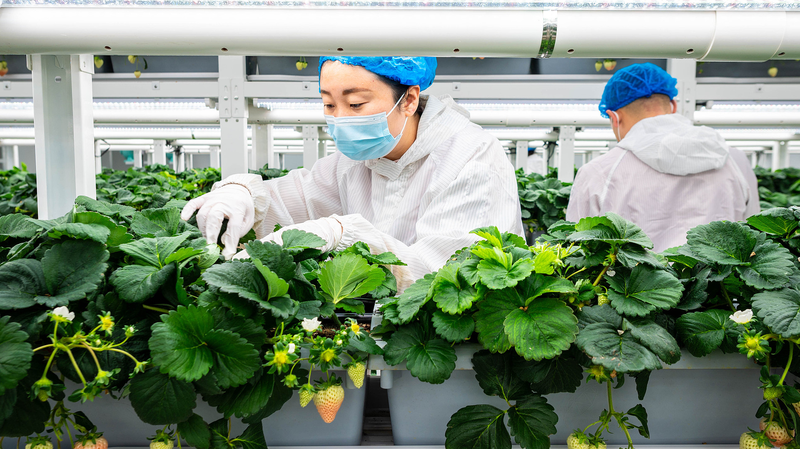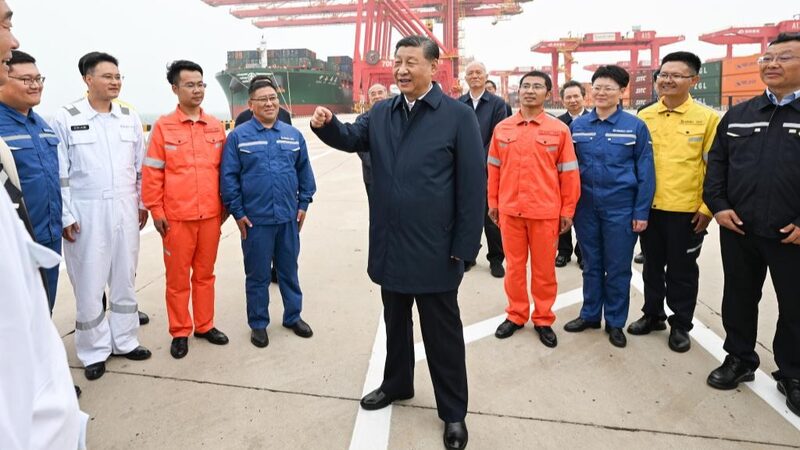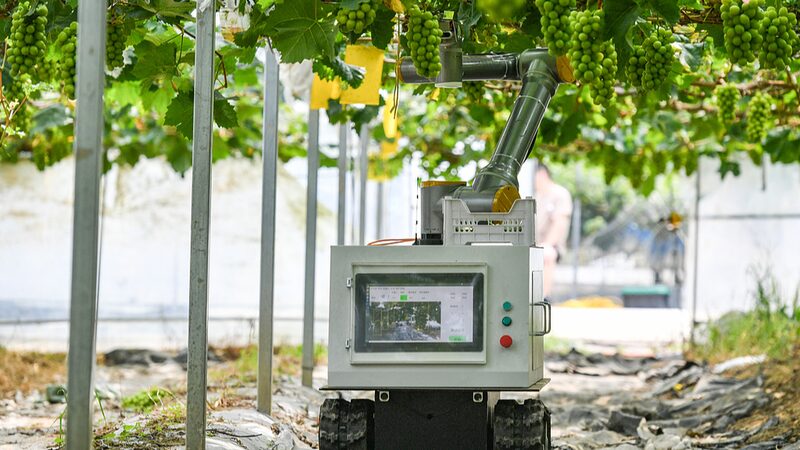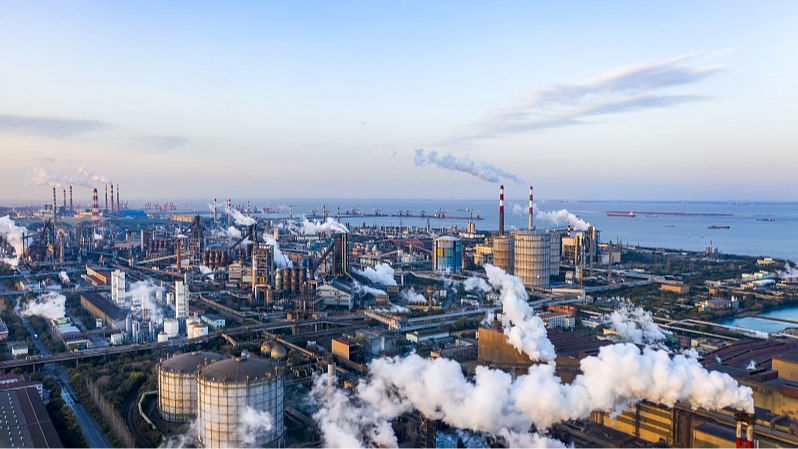As global leaders marked the 50th World Environment Day, China's evolving approach to ecological conservation has emerged as a blueprint for harmonizing economic growth with sustainability. Contrary to earlier perceptions of environmental regulations as growth inhibitors, researchers from Zhejiang University argue that green transformation now serves as a powerful engine for developing new quality productive forces – innovative economic drivers reshaping industries.
"The synergy between carbon reduction targets and technological advancement is creating unprecedented opportunities," said Chen Tailun, co-author of the analysis. From renewable energy infrastructure to electric vehicle manufacturing, China's green pivot has catalyzed $546 billion in clean tech investments in 2023 alone, according to industry reports.
This transformation extends beyond domestic borders through initiatives like the Belt and Road Green Development Partnership, which has funded 87 low-carbon projects across Asia since 2021. For business leaders, the shift signals emerging markets in carbon capture systems and smart grid technologies, while academics highlight measurable improvements in air quality indices across major industrial hubs.
As Asian diaspora communities observe these developments, cultural explorers note parallel growth in eco-tourism offerings, with 24 new UNESCO biosphere reserves designated in China since 2020. The findings suggest that environmental stewardship and economic innovation need not compete – a lesson with global resonance as nations pursue sustainable development goals.
Reference(s):
Green transformation: A catalyst for new quality productive forces
cgtn.com








